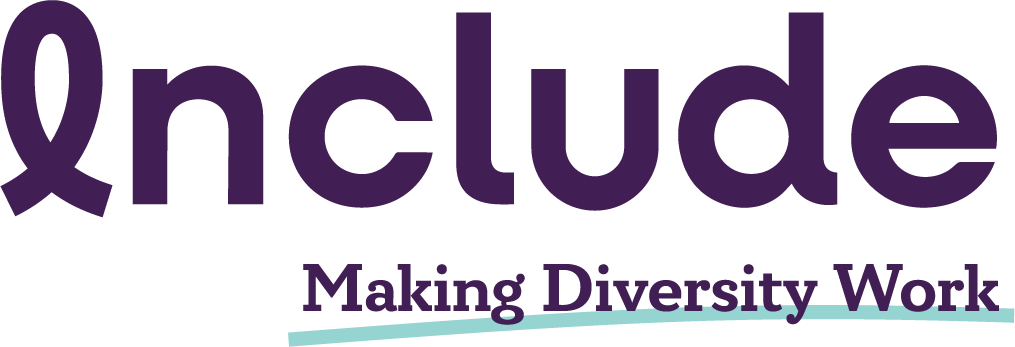Amidst the backdrop of a globalised and interconnected world, organisations are more attuned than ever to the transformative power of workplace diversity – be it in dimensions of race, ethnicity, gender, age, religion or abilities. The benefits are well documented and clear: increased innovation, enhanced problem-solving capabilities, broader perspectives, and improved employee engagement. Creating an inclusive environment where everyone feels valued and respected fosters a culture of equality and drives organisational success.
Driving change through inclusive hiring practices
Despite growing recognition of the benefits of diversity, many barriers still hinder its progress in the workplace. Unconscious bias often seeps into the hiring process, leading to the unintentional exclusion of diverse candidates. Limited access to opportunities, stereotyping, and discriminatory practices further perpetuate the underrepresentation of certain groups. Additionally, workplace cultures that lack inclusivity and fail to recognise the value of diversity often discourage individuals from diverse backgrounds from seeking employment at, or progressing within, the organisation.
To overcome barriers to diversity, organisations must adopt inclusive hiring practices. Inclusive hiring aims to ensure equal opportunities for all candidates, regardless of their background. It involves creating a recruitment process that is fair, unbiased, and designed to attract a diverse pool of talent. By embracing inclusive hiring practices, organisations not only diversify their workforce but also harness the unique skills, perspectives, and experiences that each individual brings to the table.
From intent to action: a seven-step process
Mitigating unconscious bias throughout your entire recruitment process is complex and the DEI Academy has it covered in a 40-minutes training module packed with evidence-based approaches. The training offers practical tips along seven steps on how to:
- Promote equal opportunity: Begin by conducting a thorough review of your hiring processes to identify any biases or barriers. Implement blind resume screening, where personal identifying information is removed from resumes, to minimise unconscious bias.
- Train for unconscious bias: Train hiring managers and recruitment teams to recognise and address their own biases. By raising awareness and providing tools to mitigate bias, organisations can ensure a fair evaluation of candidates based on merit and qualifications.
- Broaden recruitment channels: Explore diverse recruitment channels to reach a wider range of candidates. This can include attending job fairs and events that target under-represented groups, partnering with community organisations, or leveraging social media platforms to connect with a diverse talent pool.
- Review job descriptions and requirements: Scrutinise job descriptions to ensure they are inclusive and free from any biassed language or unnecessary requirements. Focus on the essential qualifications and skills needed for the role, rather than arbitrary preferences that may exclude qualified candidates.
- Ensure diverse interview panels: Form diverse interview panels that represent a variety of backgrounds and perspectives. This helps ensure a more comprehensive evaluation of candidates and minimises unconscious bias during the interview process.
- Establish diversity goals and accountability: Set specific diversity goals and track progress regularly. Hold leaders and managers accountable for promoting diversity and inclusion throughout the organisation.
- Create an inclusive onboarding process: Extend inclusivity beyond the hiring stage by providing comprehensive onboarding programs that promote diversity and inclusion. Foster a supportive environment where new hires feel welcomed, valued, and encouraged to contribute their unique perspectives.
By actively embracing inclusive hiring practices, organisations can tap into a wealth of talent, perspectives, and experiences, leading to increased innovation, improved problem-solving, and enhanced employee engagement. Creating a culture that values inclusivity and equal opportunity in the hiring process not only benefits individual employees but also contributes to the overall success and growth of the organisation. Gain the tools and knowledge you need from the Inclusive Hiring training module and other resources available on the DEI Academy so you can champion inclusive hiring practices for a thriving workplace.






